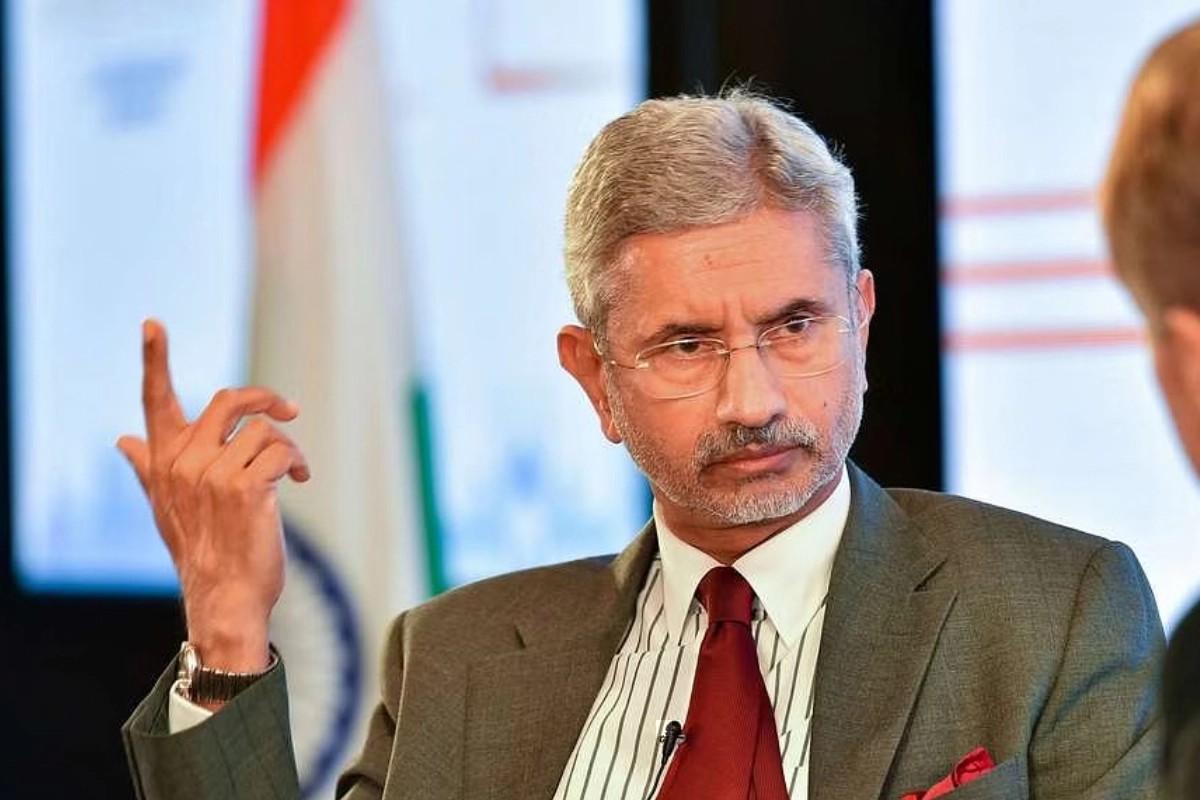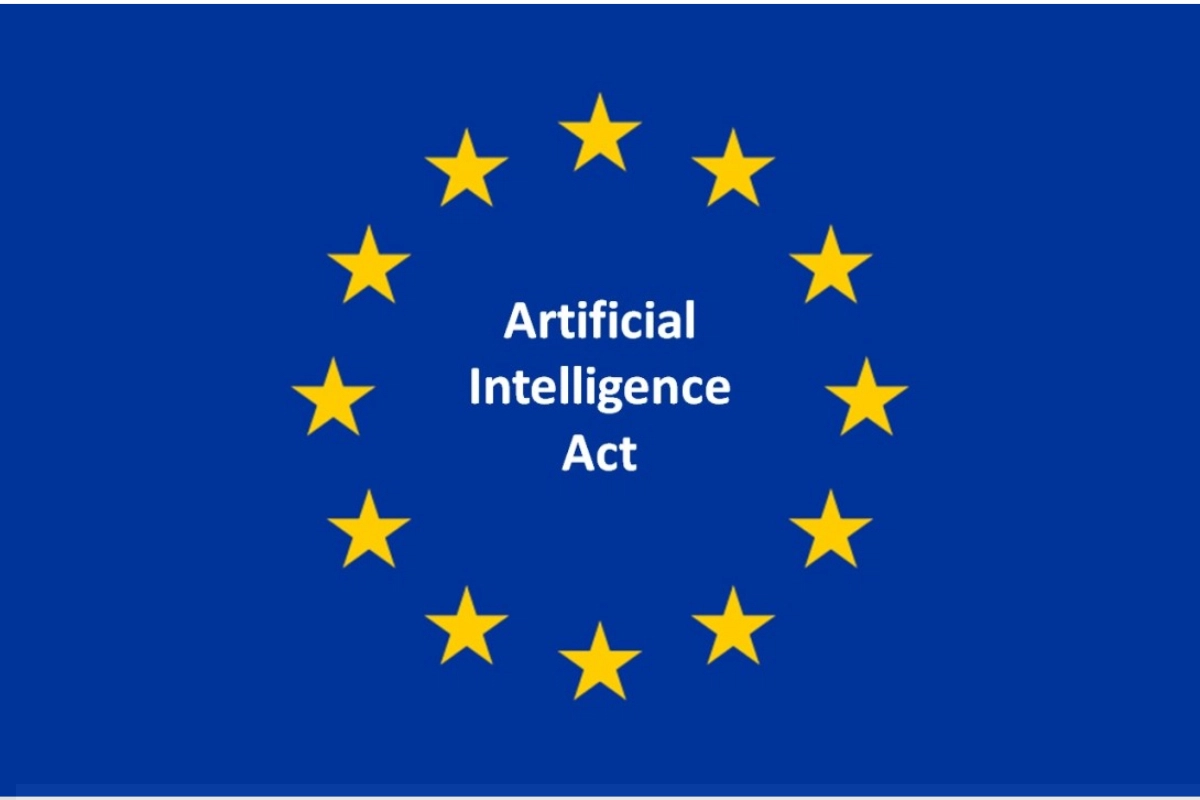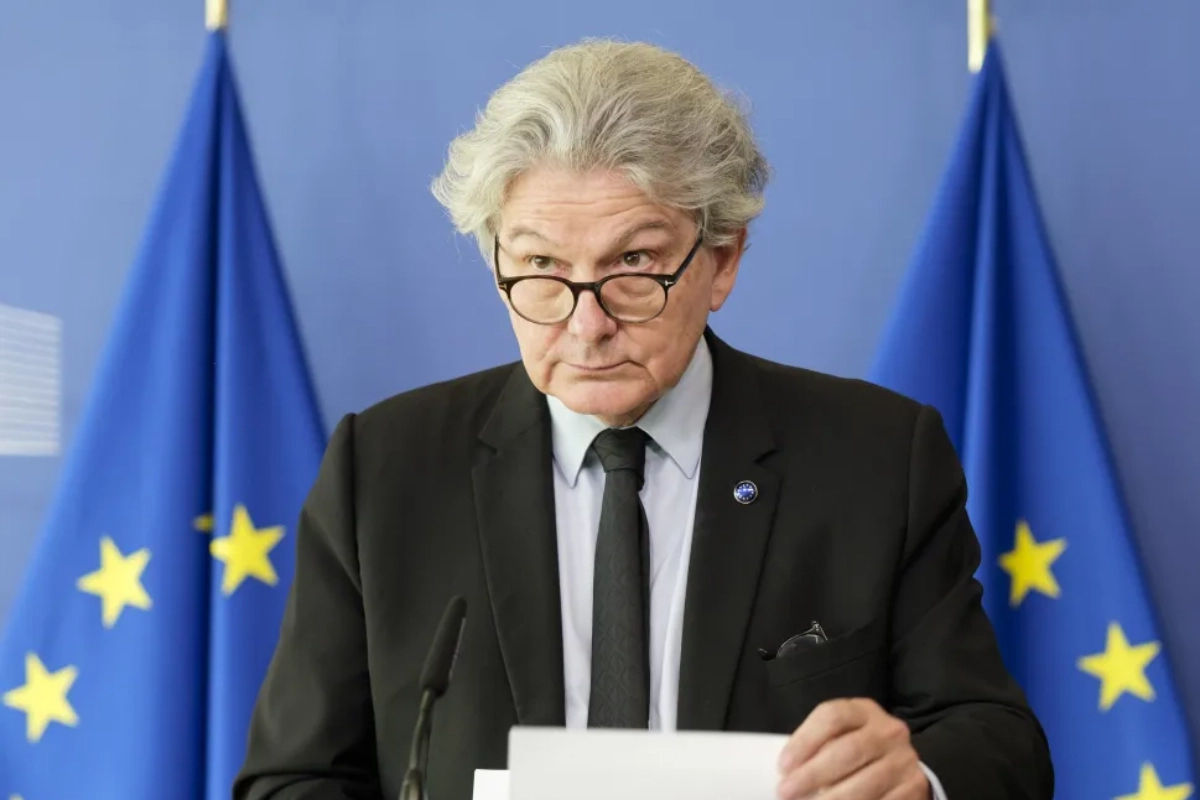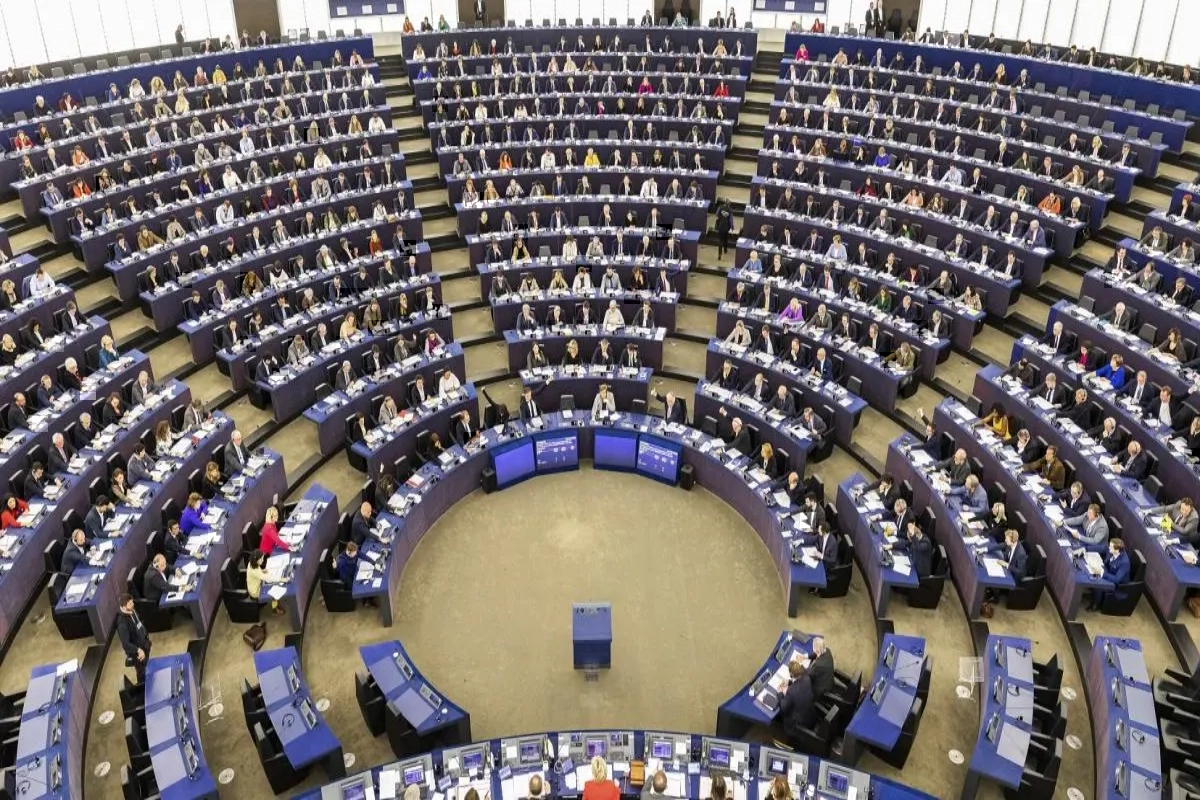EAM Jaishankar on Russian oil imports: European energy purchases from Russia have been met with appropriate responses from External Affairs Minister S Jaishankar, who has repeatedly exposed Europe’s hypocrisy. In a new attack, EAM Jaishankar claimed that since February 2022, Europe has imported six times as much fossil fuel energy from Russia as India has, and that if a society with a per-capita income of USD 60,000 feels the need to take care of itself, “they should not expect a society with a per-capita income of USD 2,000 to take a hit.”
According to a New York Times article headlined “Russia’s War Could Make It India’s World, “invasion of Ukraine, compounding the effects of the pandemic, has contributed to the ascent of a giant that defies easy alignment. It could be the decisive force in a changing global system.”
According to the report, Jaishankar claimed that the impact of the Ukrainian conflict is hastening the end of a “world order that is still very, very deeply Western,” which will be replaced by a “multi-aligned” one in which nations will select their own “particular policies and preferences and interests.”
The NYT report quoted Jaishankar as adding, “I would still like to see a more rules-based world. But when people start pressing you in the name of a rules-based order to give up, to compromise on what are very deep interests, at that stage I’m afraid it’s important to contest that and, if necessary, to call it out.”
Also Read: No foreigner can buy property in Canada. Why? Here is the Reason
Russia has provided six times as much fossil fuel energy to Europe than India
He continued, “since February, Europe has imported six times the fossil fuel energy from Russia that India has done. So, if a USD 60,000-per-capita society feels it needs to look after itself, and I accept that as legitimate, they should not expect a USD 2,000-per-capita society to take a hit.”
According to the NYT story, India might be able to mediate a cease-fire or even a peace agreement in Ukraine given its links to Russia. It quoted Jaishankar as adding, “The parties involved have to attain a specific state and a certain mindset,” noting that he was dubious about this.
When is the battle going to end? Jaishankar replies.
Jaishankar stated in the report, “I wouldn’t even hazard an opinion,” regarding when the war will end. According to the research, India still aspires to be a “bridge power” in the post-pandemic and post-Ukrainian War world. It regards discussion of a new Cold War as absurd and thinks that the connection of today’s world surpasses the draw of separation.
Economic interconnectedness, according to the Indian argument, will likely temper any time of disorder that appears inevitable as Western influence falls, the NYT report added.
“With inequality worsening, food security worsening, energy security worsening, and climate change accelerating, more countries are asking what answers the post-1945 Western-dominated order can provide. India, it seems, believes it can be a broker, bridging East-West and North-South divisions,” according to the report. “India has generally had a lot more peaceful, productive relationship with the globe than, for example, Europe has had,” Jaishankar stated.
Also Read: Delhi: New CCTV verifies witness account, car takes U-turn, drags woman| Watch
“Europe has a strong expansionist streak”
“Europe has been very expansionist, which is why we had the period of imperialism and colonialism. But in India, despite being subjected to colonialism for two centuries, there’s no animus against the world, no anger. It is a very open society.” According to the NYT article, India is acting more assertively to advance its own interests, “throwing off any sense of inferiority and rejecting unalloyed alignment with the West. But which India will strut the 21st-century global stage, and how will its influence be felt?”
According to the research, Modi’s India appears to be brimming with confidence and is “poised between the vibrant plurality of its democracy since independence in 1947 and a turn toward illiberalism.”
According to the report, “The Ukraine war, compounding the effects of the Covid-19 pandemic, has fueled the country’s ascent. Together they have pushed corporations to make global supply chains less risky by diversifying toward an open India and away from China’s surveillance state. They have accentuated global economic turbulence from which India is relatively insulated by its huge domestic market.”
India is in a precarious situation
The newspaper stated, “India is in a delicate position. In the face of American criticism, the country chose to take part this year in Russian military exercises that included units from China,” adding that India is also a member of the Quad, which consists of the United States, Japan, and Australia. “This is Indian multi-alignment at work. The Ukraine war has only reinforced New Delhi’s commitment to this course. Washington has worked hard over many years to make India Asia’s democratic counterbalance to President Xi Jinping’s authoritarian China. But the world, as seen from India, is too complex for such binary options.”
“If the Biden administration has been unhappy with India’s business-as-usual approach to Mr Putin since Russia’s invasion of Ukraine, it has also been accepting of it — American realpolitik, as China rises, demands that Mr Modi not be alienated,” as per the report.
Keep watching our YouTube Channel ‘DNP INDIA’. Also, please subscribe and follow us on FACEBOOK, INSTAGRAM, and TWITTER












